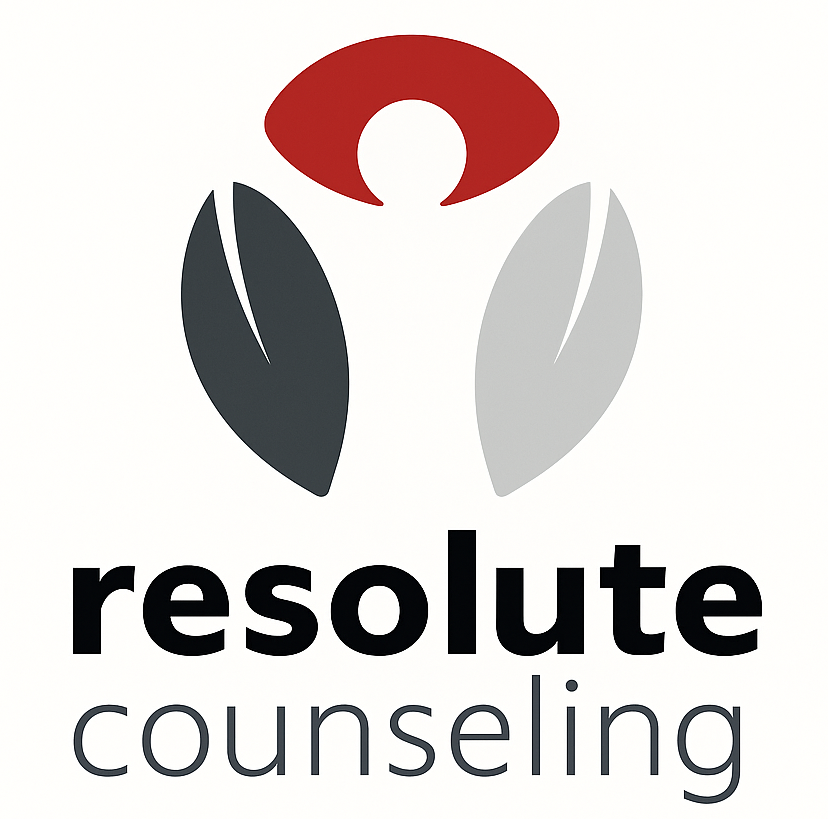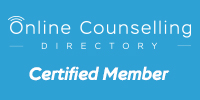Written by Brad Krause
Confidence isn’t a magical trait you’re born with. It’s built—slowly, deliberately, and often through the kinds of small choices that most people overlook. If you’re feeling stuck or unclear about how to move forward, the solution isn’t to wait for motivation to strike. It’s to take immediate, manageable action that builds traction. Below are evidence-based practices that help people build confidence in motion—not in theory. Each one addresses a real behavioral hurdle. And each one is something you can start doing today.
Start with Light, Not Screens
If your day begins in a fog or you’re stuck in a loop of sluggish starts and reactive energy, check your light habits. One of the most overlooked drivers of mental clarity and emotional energy is sunlight. Not just “getting outside”—but getting direct exposure to natural light early in the day. This doesn’t just feel nice; it regulates your circadian rhythm and nudges your nervous system out of the stress-heavy “alert mode.” If you can, get outside within an hour of waking and get morning sunlight to reset your rhythms. It’s a simple move that shifts your brain chemistry toward clarity and motivation.
Break Ambitions into Tiny Doable Tasks
Big goals have a strange way of turning into psychological quicksand. The larger and more abstract they are, the more they provoke procrastination. The brain doesn’t respond well to vague aspirations. What it responds to is completion. That’s why one of the most powerful ways to build confidence is to break ambitions into tiny doable tasks. Finish something small. Get the feedback loop of success turning. When your brain gets proof that progress is happening—even in small doses—it recalibrates your internal narrative. You stop waiting to “feel ready” and start feeling capable because you’ve already acted.
Invest in Your Future Self
Confidence sometimes comes from action—but sometimes it comes from investment. When you decide to return to school to advance your career, you’re not just gaining knowledge—you’re sending a message to yourself: you’re worth the effort. Online learning makes this leap more accessible, letting you pursue real credentials without upending your life. The career impact of an FNP degree is particularly powerful for those in healthcare, where stepping into a Family Nurse Practitioner role means diagnosing and treating patients directly. You become not just more employable, but more trusted.
Challenge Your Inner Critic with Questions
Everyone has an inner voice. But not all inner voices are helpful. If your internal dialogue skews negative—second-guessing, catastrophizing, or echoing old doubts—you need to intervene. Confidence doesn’t mean silencing that voice entirely. It means questioning it. Ask: “Is this thought useful right now?” or “Would I say this to someone I care about?” This pause interrupts the loop and gives your rational brain a chance to reengage. Start practicing this pattern of noticing and responding when you challenge your inner critic with questions. It’s a small skill that rewires how you relate to your thoughts.
Know What You Excel At—and What You Don’t
Self-confidence isn’t the same as self-delusion. Many people overcompensate for insecurity by pretending they have answers they don’t, or overpromising in moments of stress. But grounded confidence comes from an honest internal audit. You become more effective—not less—when you know strengths and limits clearly. Knowing your zone of competence allows you to delegate more cleanly, collaborate more generously, and grow without constant defensiveness. Don’t confuse humility with weakness. It’s often the strongest signal of leadership maturity.
Repeat Wins That Build Self-Belief
Confidence isn’t a single emotional state—it’s a behavior-driven loop. The more you do something successfully, the more your brain expects that success again. Psychologists call this “self-efficacy”: the belief that your actions can influence outcomes. It’s one of the most powerful drivers of long-term change. And it’s built, not imagined. If you want to feel more confident in any domain, start small, act repeatedly, and repeated small victories boost belief. Each task you complete makes the next one easier to trust yourself with.
Lean into Discomfort, Don’t Avoid It
If you’re constantly waiting for the fear to go away before taking a step, you’ll be waiting a long time. Confidence isn’t the absence of anxiety. It’s the capacity to move anyway. The people who grow the most are the ones who practice leaning into resistance. That awkward networking event. That uncertain pitch. That new skill you’re still bad at. All of it is practice. If you want real psychological gains, leaning into discomfort drives growth. It doesn’t just change your behavior. It changes your identity.
Confidence is not a light switch. It’s a rhythm you build by stacking evidence over time. And each of the practices above is a form of evidence. You don’t need to wait until you “feel ready.” You need to start placing proof in front of your brain that you’re someone who takes action. From the way you greet sunlight in the morning to how you challenge your doubts—every move shapes the next. Pick one and begin today. Not later. Not when you have more time. Now. Because the best version of you is already waiting.
Discover a holistic approach to mental wellness with Resolute Counseling, where personalized therapy and medication management pave a positive path to growth and wellness. After spending most of his time in a corporate setting and neglecting his self-care for far too long, Brad embraced his calling and decided to become a full-time life coach. He now spends the rest of his life helping people get a better foothold on their wellness above all else through Self Caring.



